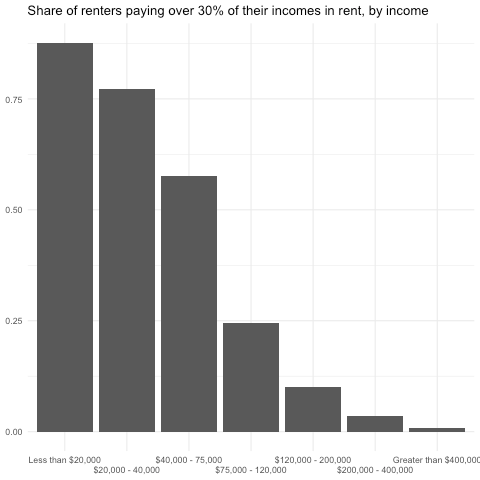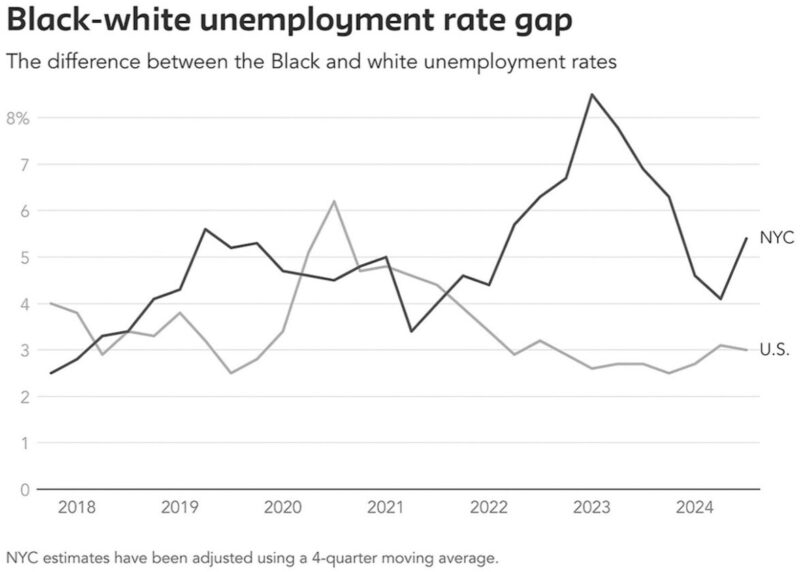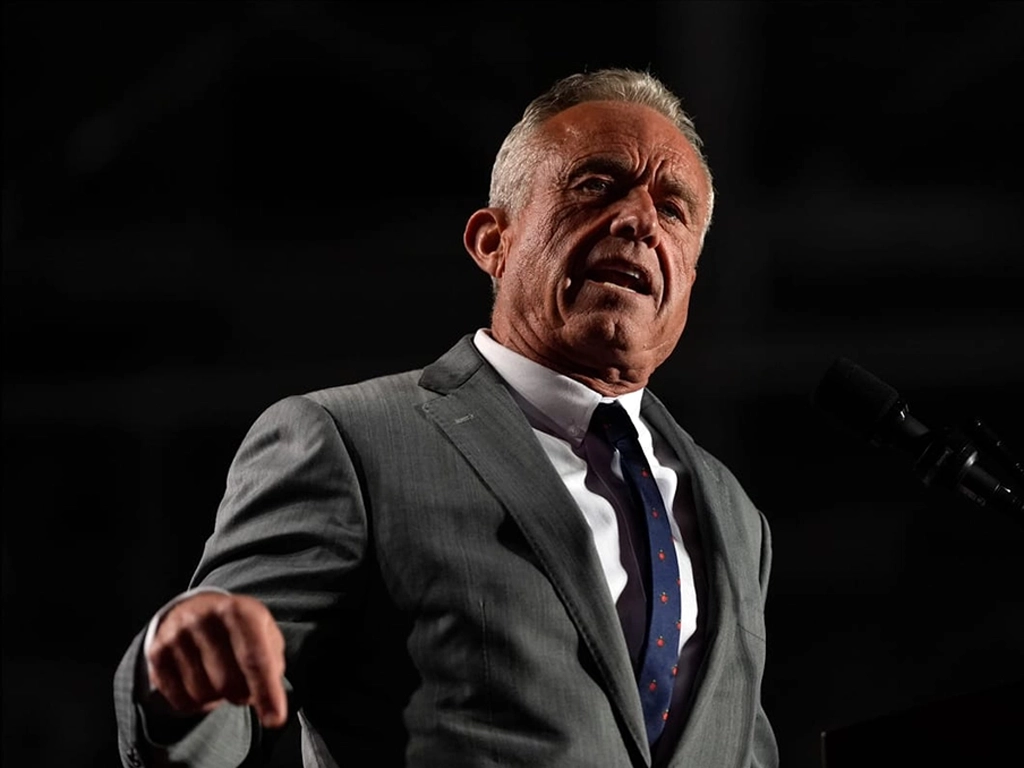“What Kind of Housing Is Being Built in New York?”
Professor JW Mason Along with Zohran Mamdani’s historic victory in last month’s elections, New York City also approved three housing-related ballot proposal. Together, these will make it somewhat easier to adjust land-use rules to allow for new housing development, by reducing the City Council’s ability to block zoning changes. I am glad the proposals passed, … Read more





